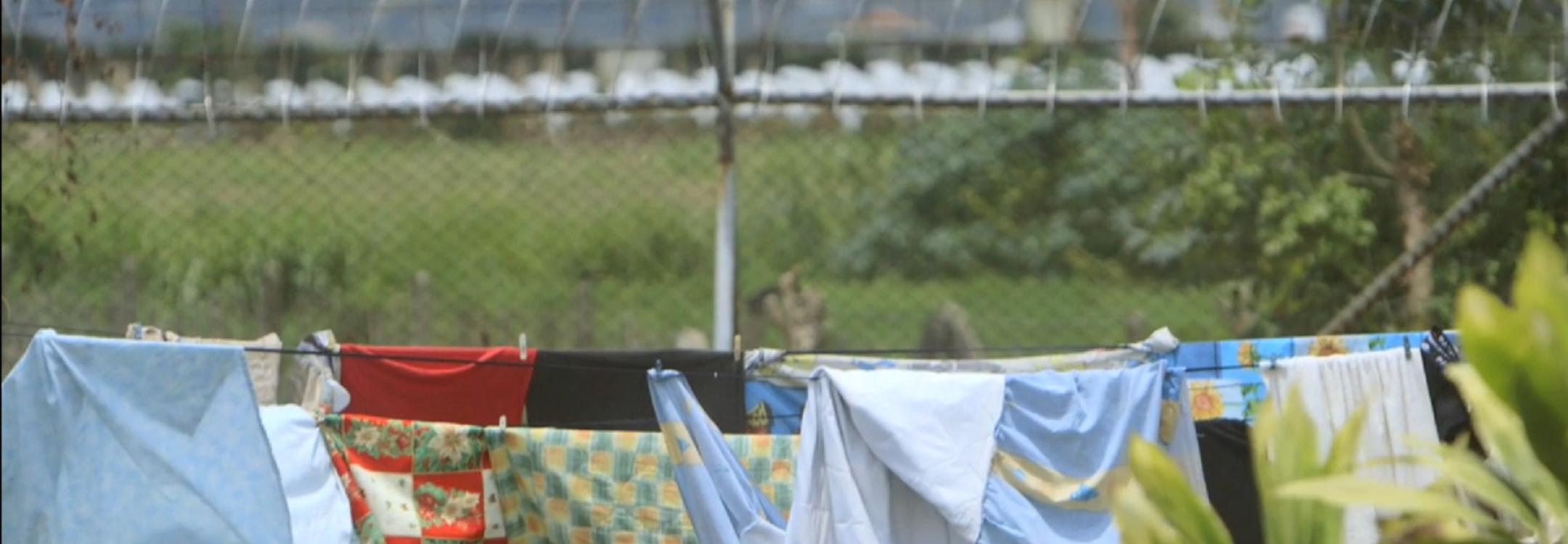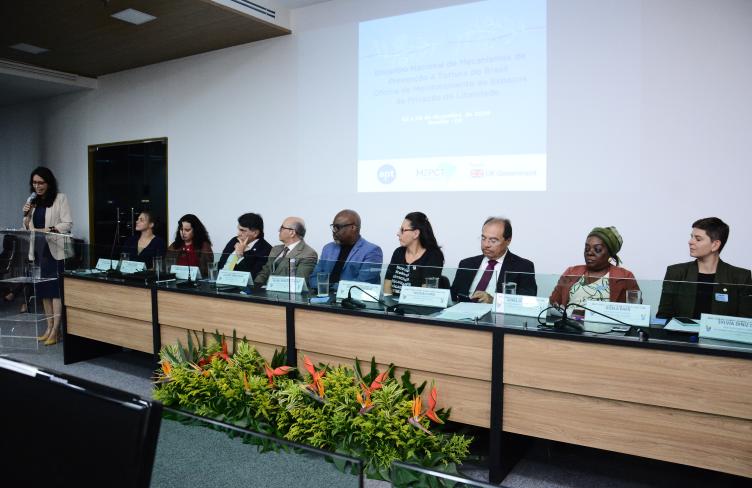
The APT is pleased to announce the publication of a series of papers on ‘Safeguards to Prevent Torture in Police Custody in Latin America.’ It compiles and analyses information on the existence and implementation of key detention safeguards in various Latin American jurisdictions; and aims to support the work of National and Local Prevention Mechanisms (NPMs and LPMs) in the region by identifying good practices as well as effective measures to guarantee their implementation in practice.
In 2016, detention safeguards were recognised as having “the highest torture prevention impact, followed by prosecution and monitoring mechanisms,” by the global empirical study commissioned by the APT, Does Torture Prevention Work? In light of these findings, APT launched a project on 'Reducing the risks of torture and ill-treatment during the first hours of police detention in Latin America.' The project aims both at identifying the main risk factors in police custody and at ensuring that all persons detained have proper access to legal and procedural safeguards within the first hours of arrest, when the risk of torture and ill-treatment is heightened.
In 2017, the APT also held a workshop with Latin American NPMs during which it was observed that the main issue regarding safeguards in the region was not the law but its implementation in practice. Conclusions from the November 2017 workshop were included in this paper series, which collected information from 16 institutions, NPMs and LPMs from 10 Latin American countries* by means of a questionnaire on relevant legislation, detention practices and implementation of safeguards in practice.
The series comprises four papers on the following safeguards:
- right to notify third parties of police custody;
- right of access to a lawyer,
- right to an independent medical examination upon request, and
- right to information about the above-mentioned rights.
The series was developed with the generous support of the Embassy of Germany in Panama.
* Argentina, Bolivia, Brazil, Costa Rica, Ecuador, Mexico, Panama, Paraguay, Peru and Uruguay.



